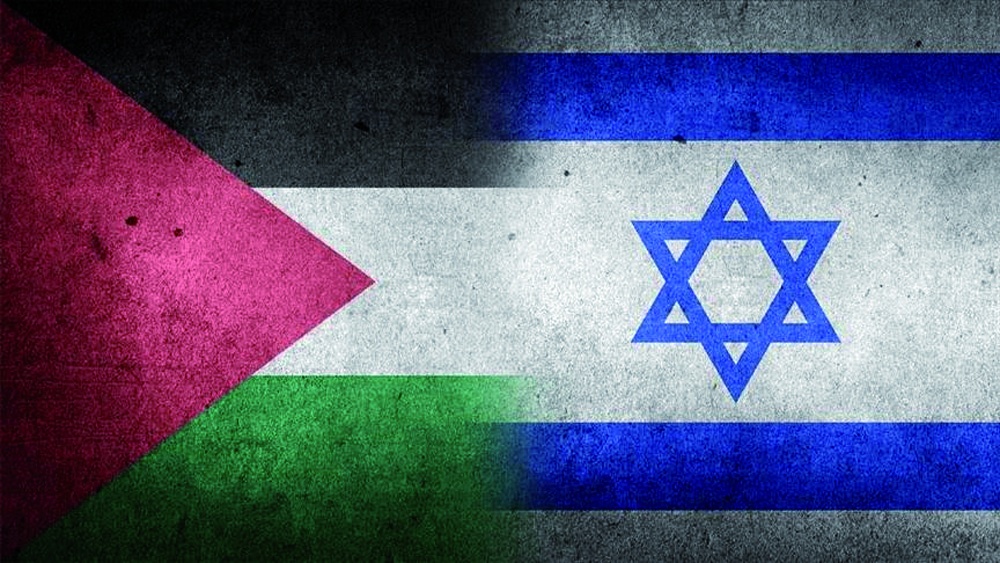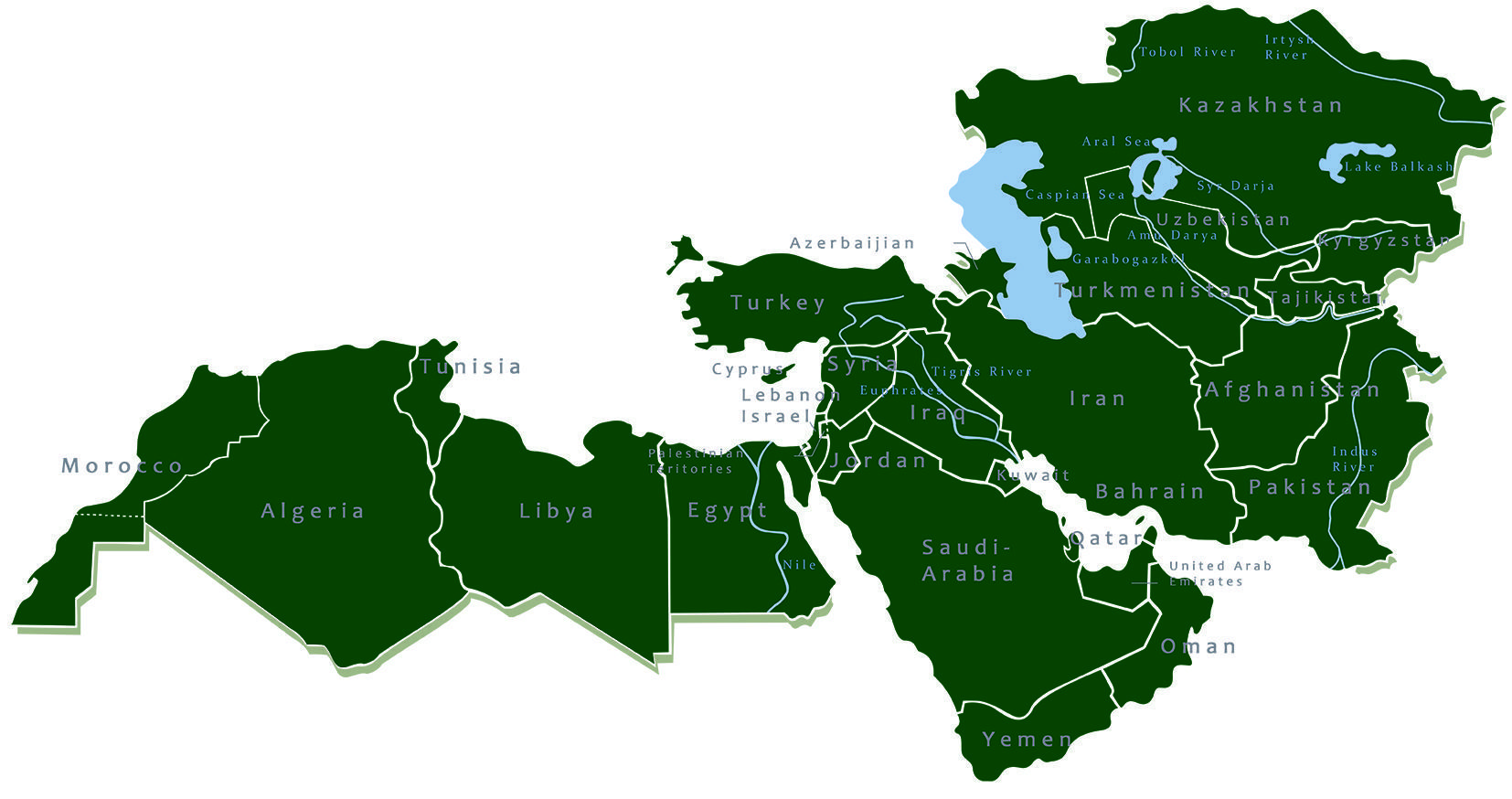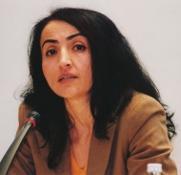ORIENT IV 2014: Iraq
Purchase the full Issue here:
26,00 € incl. VAT plus Shipping CostsSelect options This product has multiple variants. The options may be chosen on the product page
Access Issue with Subscription:
You require a subscription with archive access to read this issue online.
Editorial
Dear ORIENT readers,
The considerable advance of the ‘Islamic State in Iraq and Syria’ (ad-daula al-islamiyya fi l-Iraq wa-sh-Sham) has shocked many observers since June 2014. Reports of ethnic cleansing, mass executions and the beheading of hostages dominated the coverage. The attention, however, soon also revolved around a continuing disintegration of Iraq: Nouri al-Maliki contributed to, if not caused, the domestic divide with his exclusionary policies; the Kurds have grown more autonomous and they are the only actor still fighting back against the IS after
the Iraqi Army withdrew. Now, the US has forged a coalition, bringing together NATO allies as well as local partners, and has begun to
bomb IS bases across Iraq and Syria.
This issue of ORIENT focuses on Iraq, delving into different dimensions of the recent developments. Dr. Reidar Visser sheds light on elections in Iraq since the ousting of Saddam Hussein, and examines what motivated the different actors to cooperate in specific coalitions.
Subsequently, Dr. Christoph Günther provides a study of the IS’s ideology and the way it justifies its actions. Dr. Gülistan Gürbey deals with the role of the Kurds, especially the Autonomous Kurdish Region in northern Iraq, in fighting the IS. Ali Fathollah-Nejad engages with Iran’s foreign policy, with a particular focus on its relations with the US, Dr. Achim Rohde focuses on the ethno-sectarian divisions in the
country, and Prof. Dr. Ferhad Ibrahim Seyder sheds light on the implications of the IS advance for the Kurds.
I hope that the current issue will provide you with new insights and different perspectives in the constantly developing situation in Iraq.
Sincerely yours,
Dr. Gunter Mulack
Director of the German Orient-Institute







